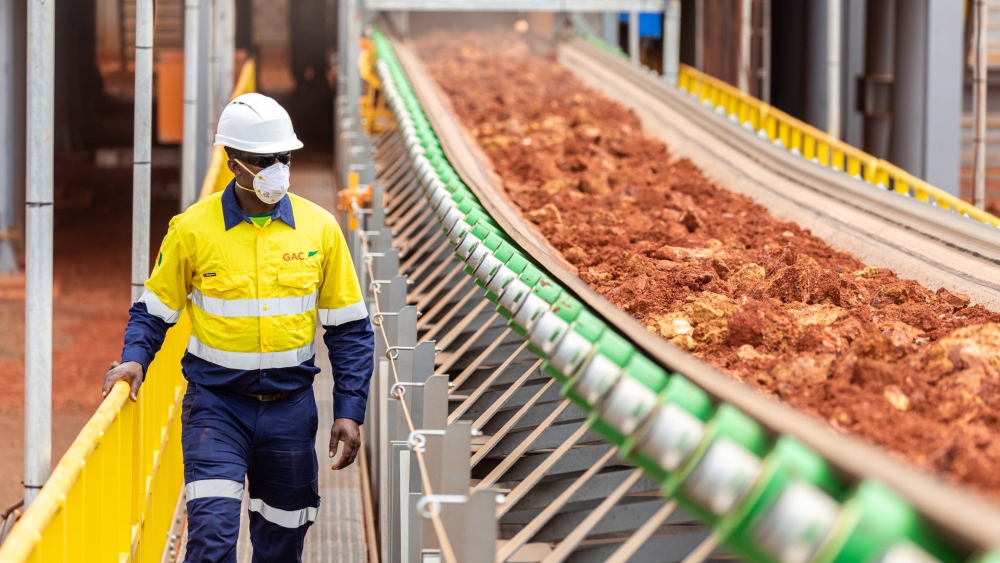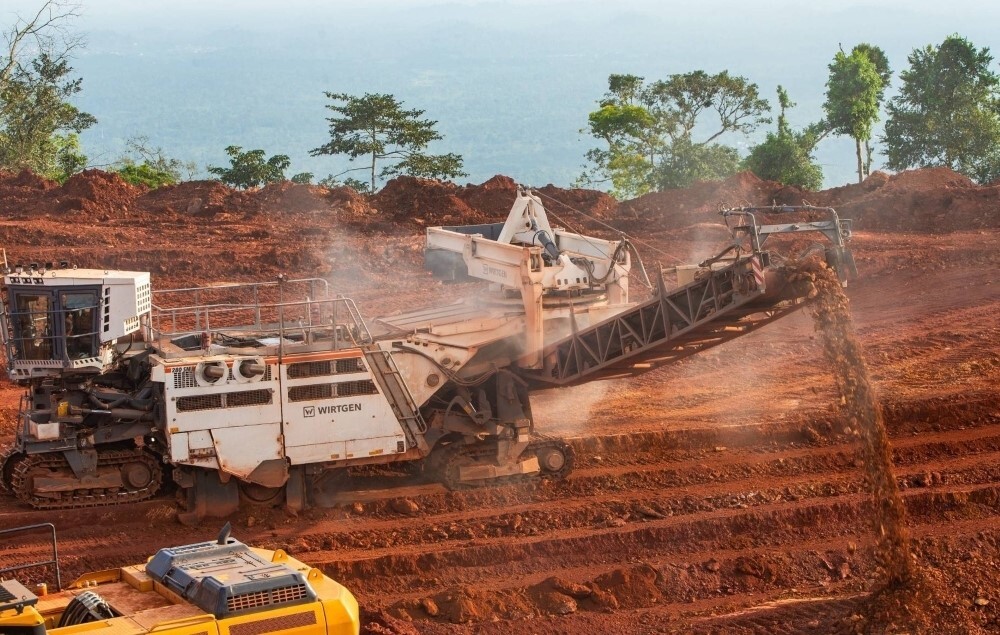Guinea, a mineral-rich nation in West Africa, holds the world’s largest bauxite reserves, an estimated 24.7% of global deposits. This natural abundance has made Guinea a central figure in the global aluminium value chain, supplying key raw materials to smelters and refineries worldwide.
Early beginnings
Bauxite mining in Guinea began during the colonial era, with deposits first discovered in Fria in the 1940s. The country’s first major step toward industrialisation came in the 1960s, when the Alumina Company of Guinea (ACG) set up Africa’s first alumina refinery in Fria. Guinea’s mining industry took another leap forward in the 1970s with the formation of the Compagnie des Bauxites de Guinée (CBG), a joint venture between the government and international mining companies, including Alcoa and Rio Tinto.
Key players and production
- CBG: A pioneer in Guinea’s bauxite export sector, CBG began shipping ore in 1973 and continues to be a dominant force.
- Société Minière de Boké (SMB): Launched in 2014, SMB operates multiple mining sites and a port terminal, quickly rising to become Guinea’s top bauxite exporter.
- Guinea Alumina Corporation (GAC): A subsidiary of Emirates Global Aluminium, GAC began operations in 2019 and is planning a major alumina refinery project with a capacity of 2 million metric tonnes per year.
Guinea exported over 70 million tonnes of bauxite in 2023, mainly to China, India and the Middle East.
Image credit: gacguinee
Economic contributions
Bauxite mining is a key pillar of Guinea’s economy, contributing roughly 40% of export revenue and creating thousands of jobs. In 2022, the sector generated more than USD 5.1 billion in export value. Mining-related infrastructure, including railways, roads and ports, has significantly improved as a result of foreign investment.
Current scenario and reforms
Despite its success, Guinea’s mining sector has recently faced turbulence. The military-led government, which seized power in 2021, has embarked on a major review of the mining industry. In May 2024, the government revoked 129 mining licences, citing underutilisation, non-compliance and lack of social contribution.
High-profile companies such as EGA have also seen their licences at risk, a move that signals Guinea’s intent to push for value addition and local refining, rather than just raw material exports.
In line with this shift, the Guinean Bauxite Company (GBC) is proposing a new refinery in Awaso to process low-grade bauxite, highlighting a national focus on sustainability and beneficiation.
Image credit: ghanabauxite
Future outlook
While Guinea’s bauxite industry is undergoing a strategic transformation, the long-term outlook remains positive. If the current reforms are managed effectively, with transparency, investor confidence and environmental care, Guinea could evolve from a resource-rich exporter into a value-added hub for the global aluminium industry.


















